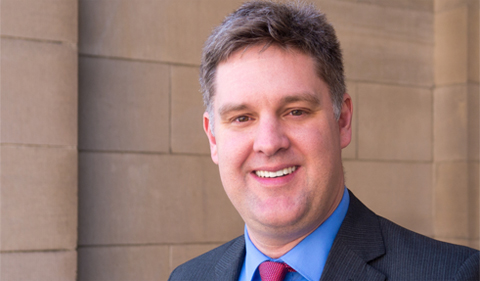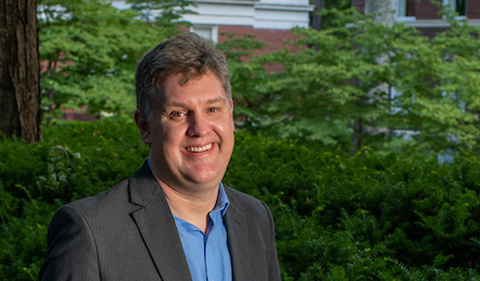Dr. Brian Schoen, Associate Professor and Chair of History, published “Francis Lieber on Institutional Liberty, Secession, and the Modern State” in the fall 2020 issue of American Political Thought: a Journal of Ideas, Institutions, and Culture, an interdisciplinary journal that explores the American political tradition published by the University of Chicago Press.
Schoen investigated Francis Lieber (1800–1872), a professor at South Carolina College and Columbia College, New York City, who spent his career grappling with the nature of political organization and became famous for writing a law code for the Union Army that subsequently became the basis for future Geneva conventions on war. The article framed Lieber, a German émigré, within a broader Atlantic tradition that critiqued social contract theory, which he believed fostered a “Gallican liberty” prone to centralization and democratic absolutism. Schoen highlights the importance of what Lieber saw as a healthy “Anglican liberty” that diffused power through societal institutions and cooperative government structures.
This transatlantic perspective informed Lieber’s response to the primary threats confronting the American political system in the mid-19th century: southerners’ commitment to states’ rights theory and Democrats’ amoral understanding of “popular sovereignty,” both of which opened the door for slavery’s expansion. Preserving institutional liberty and the Union led Lieber to a full-throated defense of the United States as an organic nation-state capable of squashing secession and advancing civilization and freedom through constitutional reform and international law.
According to Schoen, “Much like Americans today, Lieber grappled with how to understand the challenges of democratic governance amidst a period of rampant globalization and deeply divided domestic politics. Though his solutions were unique to his time, his emphasis on vibrant governmental and nongovernmental institutions should resonate with our own contemporarily politics.”




















Comments